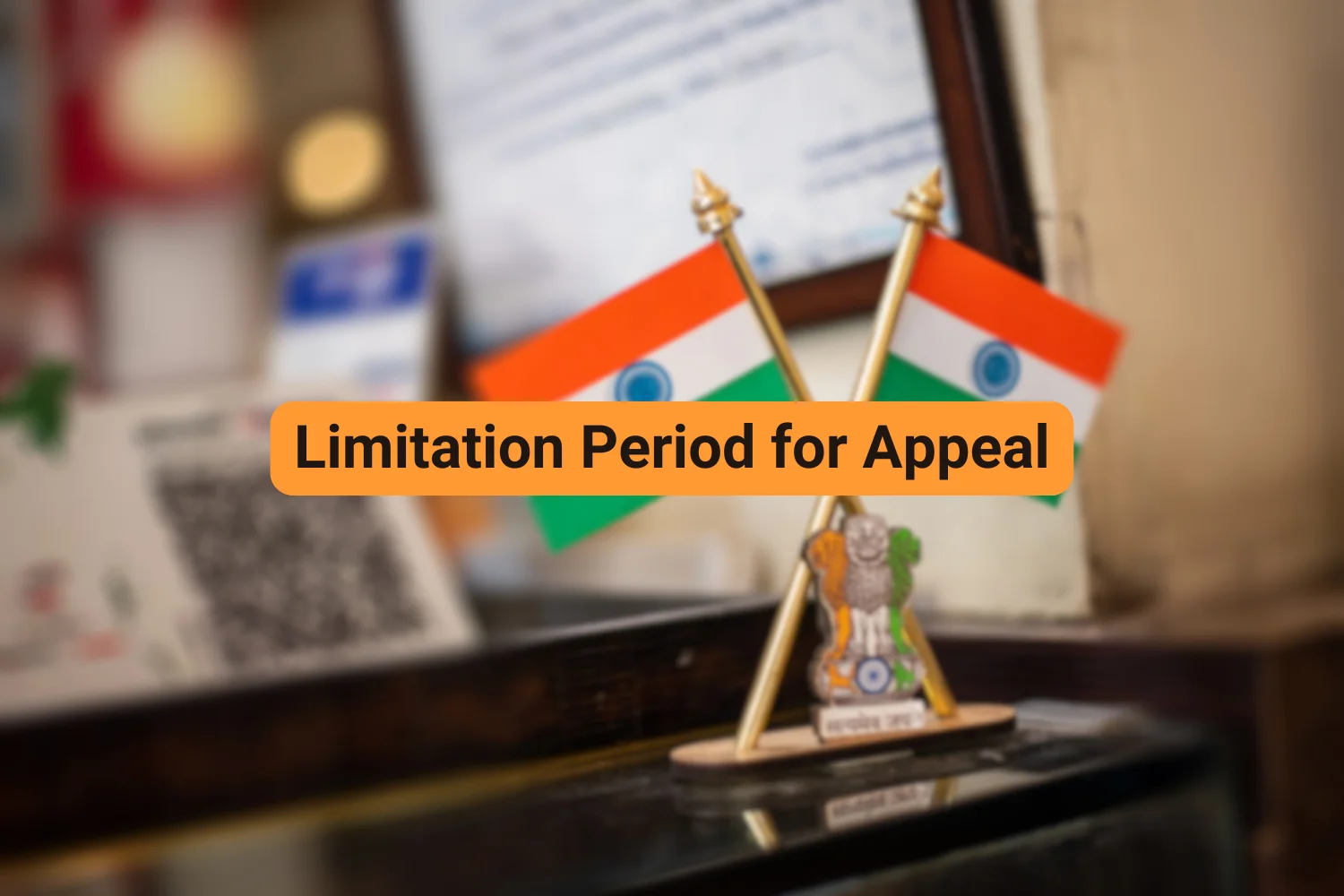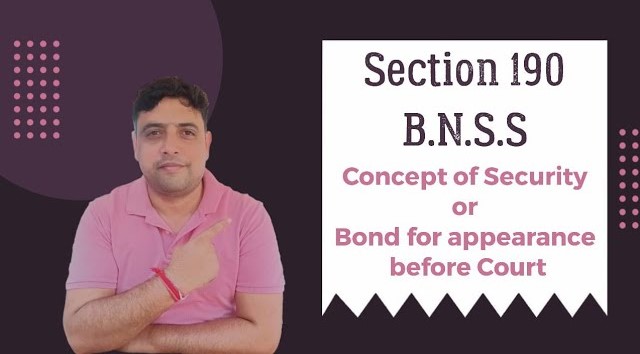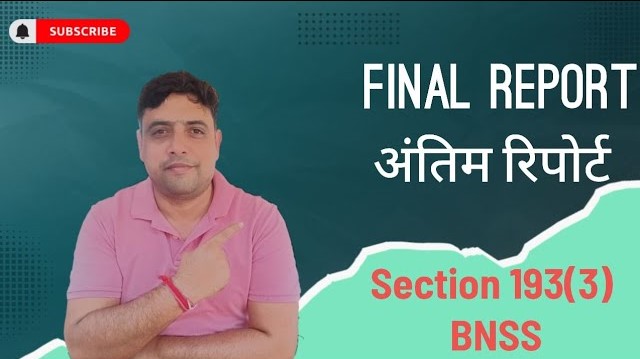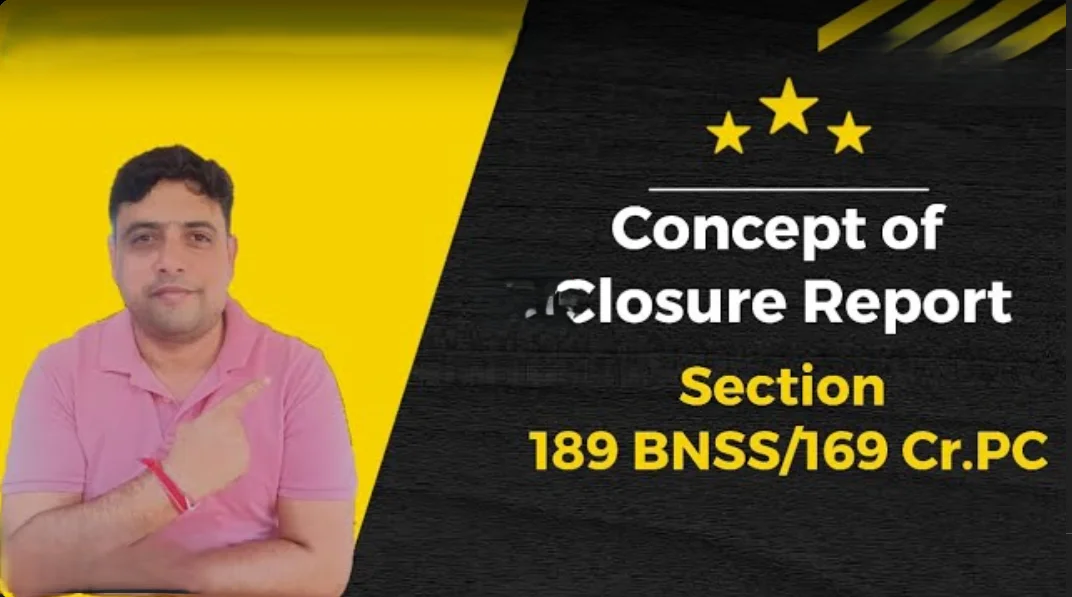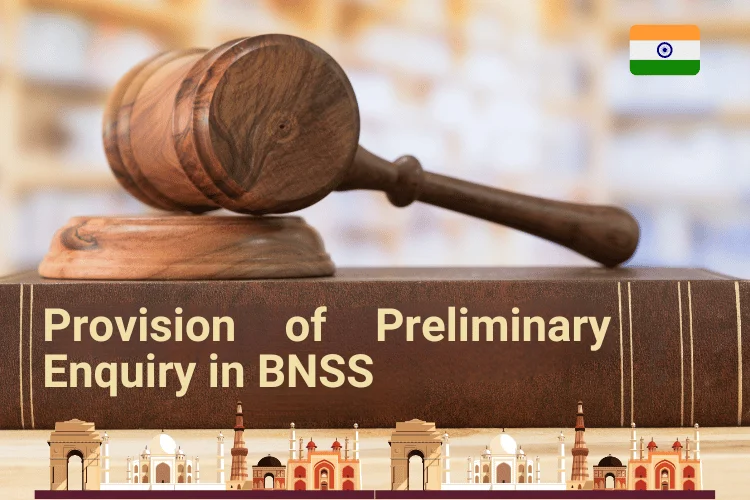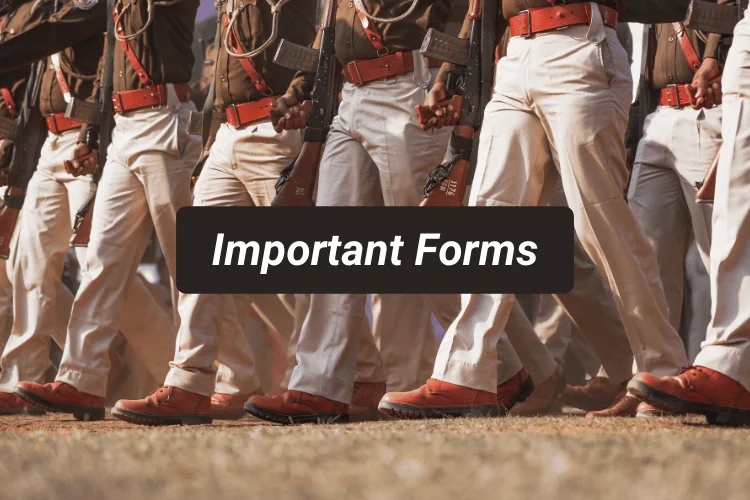DUTY OF ADVOCATE TO COOLEAGUES
INTRODUCTION
An advocate (lawyer) should always behave in a way that is fitting for their role as a respected member of the legal community and a representative of the Court. They should remember that what may be acceptable for someone who is not a lawyer, or for a lawyer in their personal life, may still be considered unprofessional for an advocate.
An advocate's main duty is to fearlessly represent their client's interests, while also following the rules and guidelines set out below, both in letter and in spirit. These rules are meant to serve as a guide for proper conduct and etiquette, but they are not exhaustive, and advocates should be aware that there may be other important rules and principles that are not specifically mentioned.
In simpler terms, lawyers have a special role in society and should always conduct themselves in a professional and respectful manner, upholding the interests of their clients while following the rules and guidelines of their profession.
Duty to cooleagues has been enumerated in Section II of Part VI of the of Bar Council of India rules. Rules regarding duty to the cooleagues has been mentioned under rule 36 to 39 of above part and section.
DUTY TO COLLEAGUES (SECTION IV)
This section outlines an advocate's (lawyer's) ethical obligations towards their fellow colleagues in the legal profession. Here's a breakdown of Rule 36:
Avoiding Unprofessional Solicitation:
Restrictions on Advertising: Lawyers are strictly prohibited from directly or indirectly soliciting work through various methods, including:
- Circulars or advertisements
- Touts (people who recruit clients for professionals)
- Personal communications not justified by existing relationships
- Interviews not based on personal connections
- Encouraging positive newspaper articles about themselves related to cases
- Distributing their photographs for publication in connection with cases
Presentation:
- Signboards, nameplates, and stationery must be of a reasonable size and avoid excessive self-promotion.
- They cannot claim titles like past president/member of a Bar Council or association.
- They cannot boast about associations with specific people, organizations, or causes.
- They cannot claim specialization in a particular legal area or advertise past positions as a judge or Advocate General.
Website Allowance:
- Lawyers can provide website information as prescribed by the Bar Council of India. This information likely includes basic contact details and areas of practice, following specific guidelines set by the Bar Council.
Consequences of Violation:Including any additional information beyond what the Bar Council approves is considered a violation of this rule.
- Violators may face disciplinary action under the Advocates Act, 1961, Section 35, which could involve penalties or suspension.
This rule aims to maintain professionalism within the legal community and prevent lawyers from resorting to aggressive tactics to attract clients. It promotes a fair and ethical environment for all advocates.
Unauthorized Practice of Law (Rule Not Given):
Preventing Unqualified Individuals: The specific rule number isn't mentioned, but the passage highlights that advocates cannot allow their name or services to be used by unqualified individuals or agencies to practice law illegally. This protects the public from being misled by those who lack proper legal training and qualifications.
Fees and Professional Conduct
Minimum Fees: An advocate cannot accept a fee less than the prescribed minimum fee (the fee taxable under rules) from a client who can afford to pay it. This prevents undercutting other lawyers and ensures fair compensation for legal services.
Professional Courtesy
Respecting Existing Representation: An advocate cannot take a case where another lawyer is already representing the same party (indicated by a vakalat or memo of appearance) without their consent. If the original lawyer's consent isn't available, the new advocate must explain to the court why and seek permission to appear in the case.
These rules all promote ethical conduct within the legal profession. They ensure fair competition among lawyers, protect clients from being taken advantage of, and safeguard the integrity of the legal system by preventing unauthorized practice.
"Empowering your legal journey, one resource at a time. Welcome to Vidhoon, your trusted hub for
comprehensive law notes, practical guidance, and expert support.
Explore, learn, and succeed with us!







